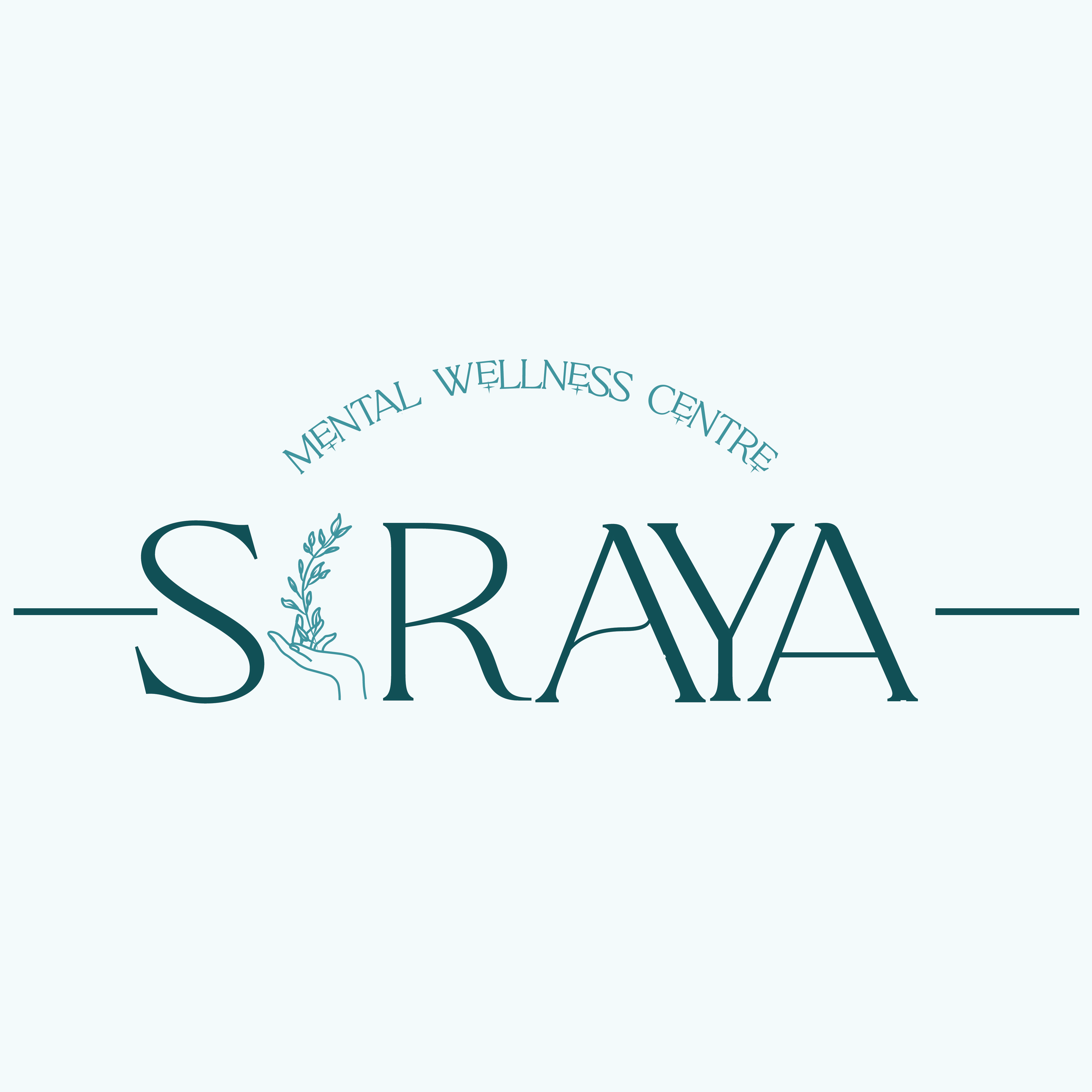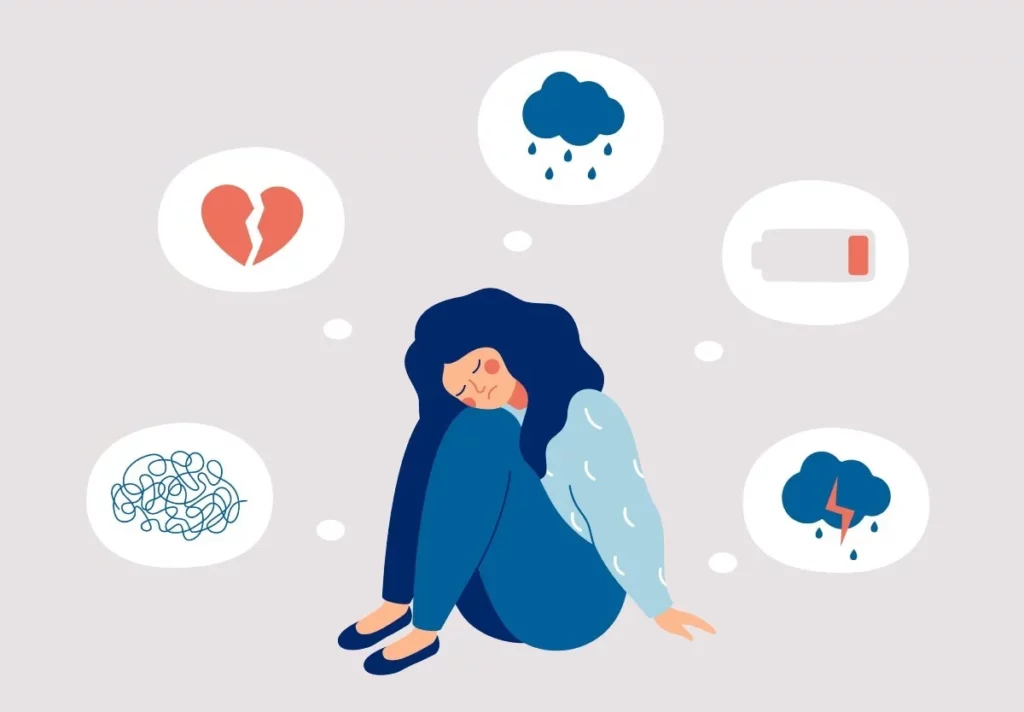“Depression” Say it again!
What comes to your mind when you hear the word ‘Depression’? You think that the person is going through a lot and hence is feeling low. We tend to use the word depression very loosely these days. In actuality, the word depression holds a deep meaning.
Everyone feels sad or low sometimes, but these feelings usually pass with a little time. It’s a normal reaction to loss, life’s struggles, or injured self-esteem. But when these feelings become overwhelming, cause physical symptoms, and last for long periods of time, they can keep you from leading a normal, active life.
What is Depression?
Depression can be defined as a mood disorder that makes you lose interest in day-to-day activities. All of this comes with constant sadness. We all feel low and sad throughout our life but when the feeling of worthlessness, helplessness and hopelessness persists for a very long time and is paired with sadness and lack of interest in everyday activities, you can define that as Depression.
What are the symptoms of depression?
Not everyone experiences depression the same way or with the same symptoms. It can vary in severity, frequency and how long it lasts.
Following are symptoms of depression:
- Feeling sad, anxious & empty
- Moving or talking more slowly
- Getting annoyed and angry easily
- Feeling worthless, pessimistic & worthless
- Crying excessively
- Changes in weight
- Lack of interest in hobbies that once enjoyed
- Low on energy
- Trouble concentrating & remembering
- Thoughts about death, self-harm & sucidial attempts
- Trouble sleeping, waking up early or over sleeping
- Physical pain without any cause
It’s important to understand that the symptoms of depression can be experienced differently among males, females, teens & children.
Causes of Depression
There are various causes for depression. Few of them are as follows:
- Abuse- Physical, sexual or emotional abuse can make you prone to depression.
- Age- Elderly people are at a higher risk which can be made worse by other factors like lack of social support.
- Death or a loss- Grief & sadness after losing a loved one is natural but also increases risk of depression.
- Gender- Women are about twice as likely as men to become depressed. One of the reasons can be hormonal changes that they go through at different stages of their lives.
- Genes- Having a family history of depression increases risk for the same.
- Major events- Any event like moving, losing a job, loss of income, getting divorced can lead to depression.
Types of depression:
- Major depressive disorder- If a person experiences the majority of these symptoms for longer than a two-week period, they will often be MDD.
- Persistent depressive disorder- This type of chronic depression is present for more days than not and it is for at least 2years. The symptoms can range from mild, moderate or severe.
- Bipolar disorder- This is a mood disorder which is characterized by periods of abnormal elevated mood, also known as mania. This can be mild or even extreme. Along with mania, there are periods of depression too.
- Postpartum depression– Pregnancy is a period that brings in hormonal shifts that can often affect the mother’s mood. Depression can have its onset during pregnancy or after birth.
- Premenstrual dysphoric disorder– The symptoms of PMS are irritability, fatigue, increased appetite, aches, breast tenderness, moodiness and anxiety.
- Seasonal Affective disorder- Experiencing depression during winter months and feeling perfect during summers is SAD.
- Atypical depression- This type of depression that doesn’t follow what was thought to be the “typical” presentation of the disorder.
Treatment
Once you understand the cause and symptoms of depression, it’s only advisable to get help and make sure that the person in need gets proper treatment. Different types of treatment are available for people undergoing depression and they are all interconnected. The types of treatment available are:
- Psychotherapy
Psychotherapy also known as talk therapy helps in understanding the issues that the person is facing and helps them resolve their issues. Some of the techniques used by Psychotherapists are:
- Cognitive Behavioural Therapy (CBT)
- Rational Emotive Behavioural Therapy (REBT)
- Gestalt Therapy
- Problem-Solving Therapy
- Medication
Medication is required for people who are undergoing severe depression. They are referred to psychiatrists who are equipped with the knowledge of providing medication. Medication is always prescribed with addition to psychotherapy as they go hand-in-hand. It is also necessary for the person undergoing depression to understand the cause of it as coping skills will be provided by the psychotherapists.
- Self-Help Techniques
Some self-help techniques such as mindfulness techniques and journaling etc. can be used so as to feel better if you are undergoing milder symptoms.

